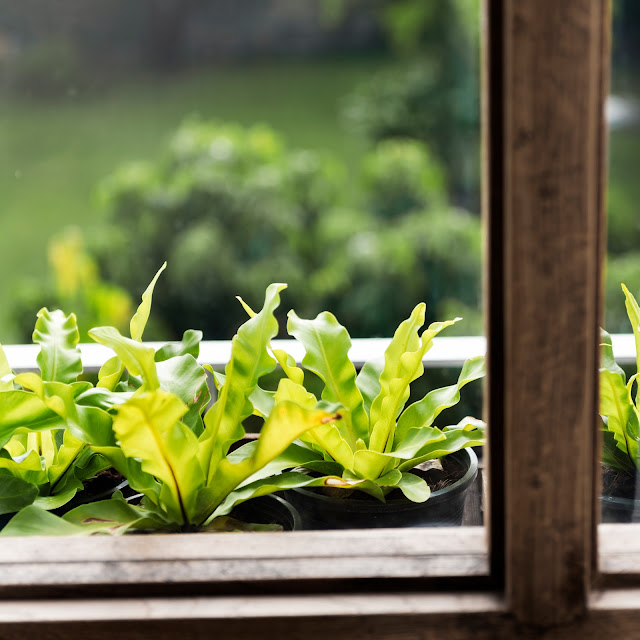Exploring the Soil Building Essentials for Successful Florida Gardening
Gardening in Florida can be a rewarding and fulfilling experience, thanks to the state's year-round sunshine and warm climate. However, achieving gardening success in the Sunshine State begins with building healthy and fertile soil. Florida's unique conditions, including sandy soils and high temperatures, require a special approach to ensure your plants thrive. In this blog post, we'll explore some essential soil-building tips for successful gardening in Florida.
Understand Your Soil Type:
Florida's soils can vary widely depending on your location, from sandy soils in coastal areas to clayey soils further inland. Conduct a soil test to determine your soil's pH and nutrient levels. This information will guide your soil improvement efforts.
Add Organic Matter:
One of the best ways to improve Florida's sandy soils is by adding organic matter. Compost, well-rotted manure, and organic mulch are excellent choices. Organic matter improves soil structure, increases water retention, and enhances nutrient availability.
Mulch, Mulch, Mulch:
Mulching is essential in Florida gardening. A layer of mulch around your plants helps retain moisture, regulate soil temperature, and suppress weeds. Organic mulch, such as pine straw or wood chips, gradually breaks down, adding nutrients to the soil.
Choose the Right Plants:
Select plants that are well-suited to Florida's climate and soil conditions. Native plants and those adapted to the region tend to thrive with less maintenance. Consider drought-tolerant and heat-resistant varieties for optimal results.
Ferilize Wisely:
Florida's warm weather allows for year-round gardening, but it also means plants require nutrients throughout the year. Use slow-release fertilizers to provide a steady supply of essential nutrients to your plants. Avoid excessive use of high-nitrogen fertilizers, which can lead to nutrient imbalances.
Monitor Soil Moisture:
Florida's hot and humid climate can lead to rapid moisture loss from the soil. Install a drip irrigation system or soaker hoses to deliver water directly to the plant roots. Regularly monitor soil moisture levels to prevent under- or over-watering.
Be Mindful of pH:
Soil pH plays a vital role in nutrient availability to plants. Most Florida soils tend to be acidic. Test your soil's pH and adjust it if necessary by adding lime to raise pH or sulfur to lower it. Aim for a pH level that suits the specific needs of your plants.
Practice Crop Rotation:
If you're growing vegetables, consider practicing crop rotation to prevent soil depletion and reduce the risk of pests and diseases. Rotate plant families to minimize soil fatigue and maintain soil health.
Implement Organic Pest Control:
To maintain a healthy garden ecosystem, use organic pest control methods whenever possible. Beneficial insects and natural predators can help keep pests in check without resorting to chemical pesticides.
Compost Regularly:
Maintain a compost pile to recycle kitchen scraps and garden waste. Compost is a valuable source of organic matter and nutrients that can enrich your garden soil over time.
In conclusion, successful gardening in Florida starts with healthy soil. By understanding your soil type, adding organic matter, using mulch, selecting the right plants, and following these soil-building essentials, you can create a thriving garden that flourishes in Florida's unique climate and soil conditions. Happy gardening!
Also read : Giving Your Garden the Boost it Needs with Florida Soil Builders

.png)
Comments
Post a Comment